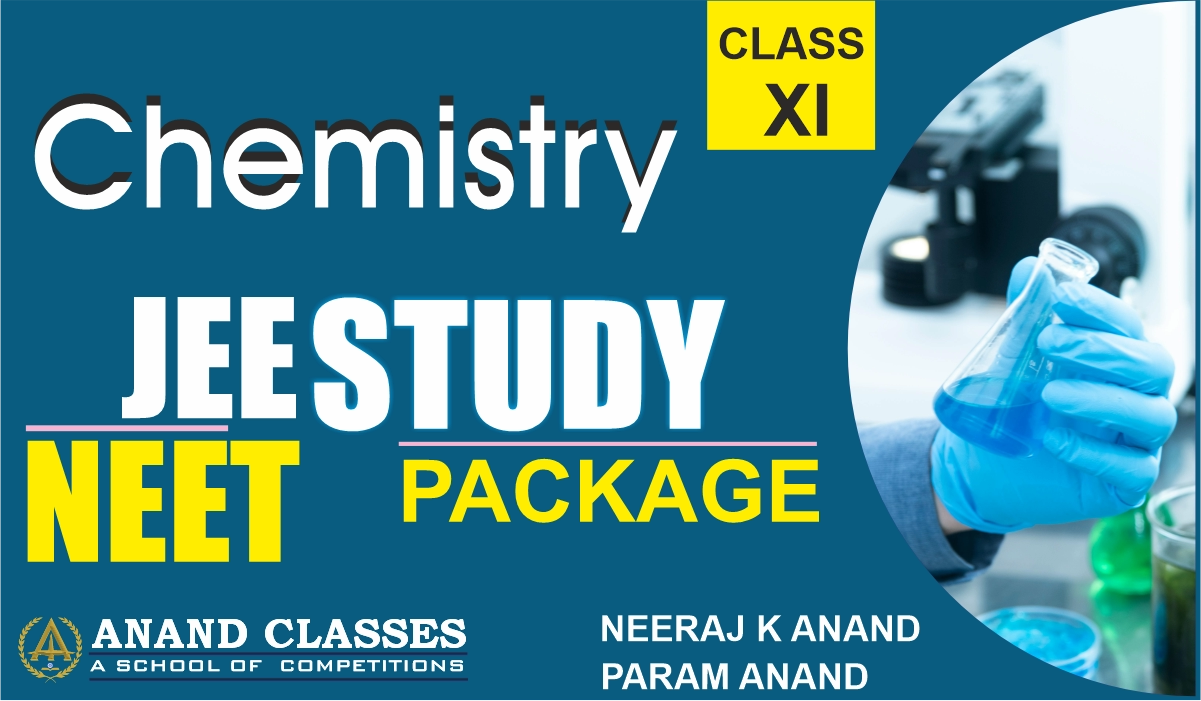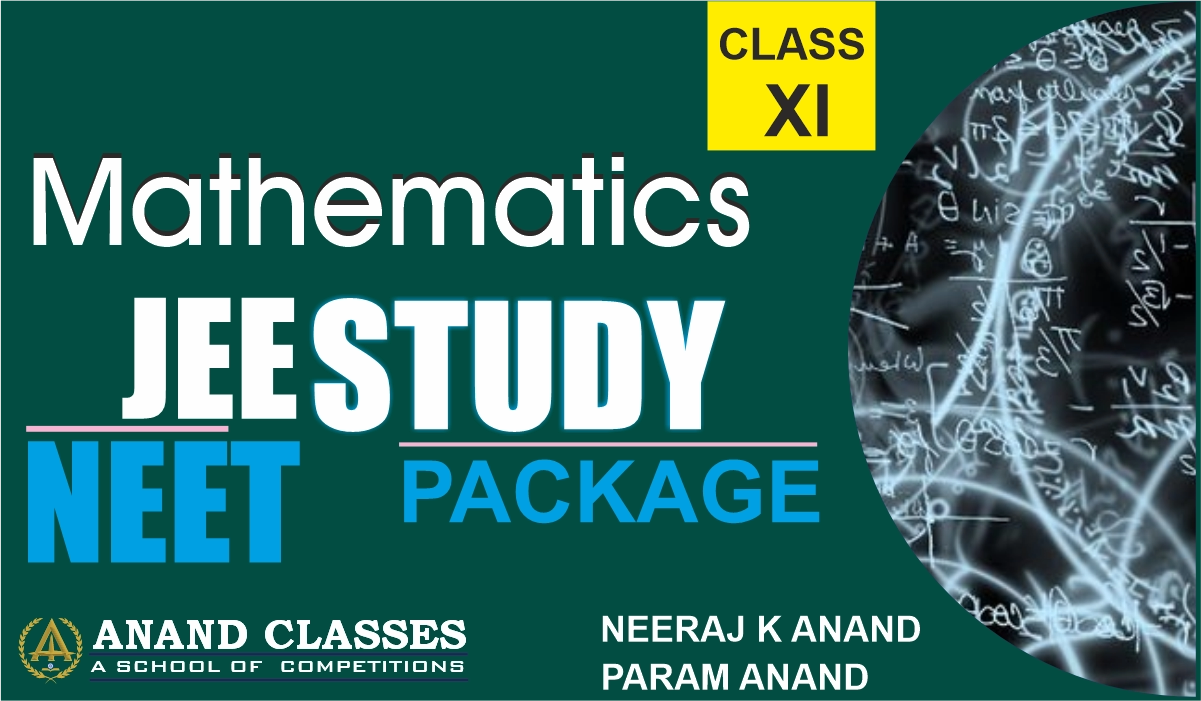Uses Of Oxides of Group 14 Elements (Carbon Group)

Group 14 elements of the modern periodic table are also known as carbon group elements. These elements have 4 valence ...
Read more
Physical And Chemical Properties Of Carbon | Chemistry

Physical Properties of Carbon Chemical Properties of Carbon Carbon compounds in fuels like diesel This is because when carbon or ...
Read more
Allotropes of Carbon – Properties, Structure of Carbon Allotropes, Graphite, Diamond, Fullerenes

The phenomenon by which an element can exist in more than one physical state is called allotropy. The allotropes of carbon ...
Read more
Carbon and its compounds-Definition, Catenation, Nature, Allotropy & FAQs

What are Carbon and its Compounds? The molecules of a carbon compound must contain an atom of carbon. All living ...
Read more
Group 14 Elements (Carbon Family) – Properties, Compounds, Behaviour, FAQs

What Are Group 14 Elements? Group 14 elements are the second group in the p-block of the periodic table. It ...
Read more
Acids and Bases-Bronsted Lowry Theory, Arrhenius Concept, Lewis Concept, Examples, Properties, Uses, Difference, FAQs

Acids and bases are popular chemicals which interact with each other resulting in the formation of salt and water. The ...
Read more
Aluminum-Atomic Mass, Electron Configuration, Chemical Properties, Uses, FAQs

What is Aluminium? Aluminium is a soft, silvery-white, ductile, nonmagnetic metal in the boron group. It is the third most abundant ...
Read more
Diborane- Structure, Preparation, Properties, Reactions, Uses, Applications

Diborane is a chemical compound that consists of boron and hydrogen atoms and has a molecular formula B2H6. This substance ...
Read more
Boric Acid (H3BO3) Uses-Preparation, Properties, Structure, Medicine & Poison, Uses, FAQs

What is Boric Acid (H3BO3)? Boric Acid is a monobasic Lewis acid with the chemical formula H3BO3. Boric acid is ...
Read more
Borax-Chemical Formula(Sodium Borate), Structural Formula, Borax Reaction, Natural Sources of Borax, Uses

What is Borax? Borax is a compound consisting of an elementary substance called boron, united with oxygen and soda. Borax ...
Read more
